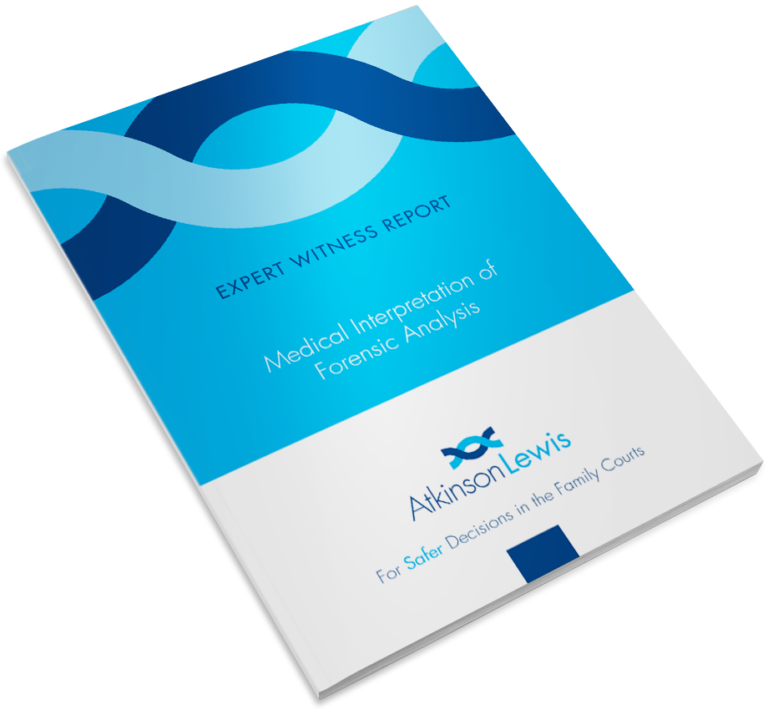The effects of parents with drug and alcohol problems on children
Across the UK, there are many parents with drug and alcohol problems. The Children’s Commissioner for England’s data on childhood vulnerability found that there were 478,000 children living with a parent with problem alcohol or drug use from 2019 to 2020. This is a rate of 40 per 1,000 children.
When it comes to child custody, parental substance misuse poses many risks to the child. Research shows that parents with drug and alcohol problems often have reduced parenting capacity. This is a major factor in cases of child neglect.
In 2019-2020, Department for Education (DfE) statistics on the characteristics of children in need found that parents using drugs was a factor in around 17% of children in need cases, and parental alcohol use was a factor in another 16%.
Can hair drug tests identify recreational misuse?
Children living with parents with drug and alcohol problems experience:
Emotional Neglect:
Certain drugs can make parents sedated or “out of it”. This leaves them unable to attend to their child’s emotional needs. Unstable mood, emotional lability.
Can a drug test identify recreational cannabis misuse?
Physical Neglect:
Parents who spend their household budget on drugs/alcohol will have less money to feed and dress their children. It could potentially mean the parent is unable to pay bills such as rent or heating. Being unable to meet their basic needs leads children to experience poverty.
Can alcohol testing prevent child deaths?
Sudden loss:
Parents who take drugs or drink excessively are at a higher risk of death. The effect of grief/trauma could have a significant impact on a child’s future.
Verbal/Physical Abuse:
A household where a parent misuses substances doesn’t mean a child will experience abuse, but it can be a risk. A child may experience actual physical harm through erratic and risk-taking behaviour.
Exposure to criminal activity:
Parents with drug and alcohol problems are more likely to rely on thieving to fuel their habits. This could lead to prosecution and custodial sentences where there’s a chance the child could end up in care. Another issue is that drugs being left around the house could impact the child’s well-being.
Court-approved drug and alcohol testing in child custody cases
Why detecting parental substance use is key
Due to these risk factors, drug and alcohol testing is often used in child custody cases. The tests are used to determine whether there has been any substance misuse, including the level of misuse.
Hair segmentation tests can identify the individual’s progress in achieving abstinence. The information collected from the tests can then be used to help the judge make an informed decision.
How PEth testing can be used in child custody cases
Drug and alcohol testing process:
- The solicitor will get in contact with Atkinson Lewis after the judge has requested a drug or alcohol test.
- We have experienced sample collectors and phlebotomists who can meet the client in a convenient place. Examples could be the client’s home or their solicitor’s office.
- The samples are then sent via a chain of custody to our alcohol and drug testing lab.
- After the alcohol or drug test results are received, our medical expert will review and analyse them.
- They will then write a straightforward (painless) enhanced report for the court. The turnaround time for this is 5 working days.
- The report will then be used as part of the evidential picture. It enables the judge to make an informed decision regarding the child’s living arrangements and any access or visitation allowed.
Read more about our hair drug testing service

How Can We Help You Today?
We’re here to assist with private and public law cases in the Family Courts. If you’ve got a question, need a quote, or you’re ready with an instruction.